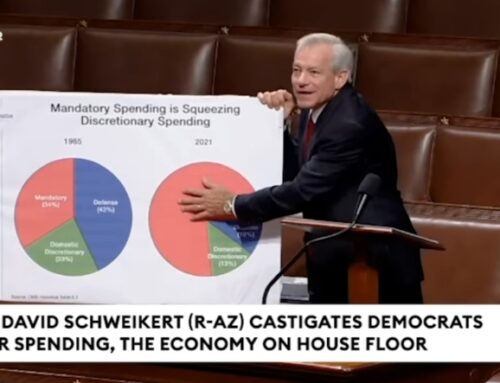I’m lucky that a great report on a topic of growing importance appeared today just in time for my debut post on this site. It’s from Rasmussen Reports, the renowned political polling firm: “67% of Political Class Say U.S. Heading in Right Direction, 84% of Mainstream Disagrees.” It’s found here.
The report talks about the differences in views between the political class (which others call the ruling class or the “elites”) and the rest of us. This class has grown up almost unnoticed, or at least not explicitly recognized as a separate class. I think Tea Partiers were among the first to intuitively sense its existence as they demonstrated against both Democratic and Republican politicians who are now recognized as part of the class, while supporting those who adhered to constitutional values that the rest of us believe in. Two recent best sellers—“Liberal Fascism” by Jonah Goldberg and “Liberty and Tyranny” by Mark R. Levin—made me receptive to the idea of a distinct class.
Recently, political commentators have started calling attention to the class and analyzing it. Scott Rasmussen himself has written a book that I haven’t yet read but am eager to; there’s a link to information about the book in today’s report referenced above. According to Rasmussen, the class is composed of those who trust political leaders more than the American people and who do NOT believe, as do many outside the class, that the federal government has become a special interest group that looks out primarily for its own interests and that big government and big business often work together in ways that hurt consumers and investors.
It seems to me that this class gets its strong support from those who aspire to membership in it, those who’d like to work for it, phonies who’d love to qualify for it, and those who’d like to be dominated by it (which I’m afraid, judging by Obama’s poll numbers, is frighteningly large).
The best articulation of the ruling class concept that I’ve read was an article last month in The American Spectator, “America’s Ruling Class–And the Perils of Revolution,” by Angelo M. Codevilla, professor emeritus of international relations at Boston University. Read the article here. Dr. Codevilla says the class will be hard to topple but gives general advice on how this might be done. Rush Limbaugh spent a large part of one show praising the article and refers to it almost daily. Unfortunately, the article is very long and terribly written, and the font is hard to read (I had to cut & paste it into word so I wouldn’t get dizzy). But it’s worth slogging through.
Related good articles:
This one is by Victor Davis Hanson, the brilliant classicist at Stanford.
This is a wonderful essay from the British newspaper, “The Telegraph,” on how America under Obama is developing the class conflict that has bedeviled Britain.
And this is by another brilliant Stanford Professor, Thomas Sowell.





